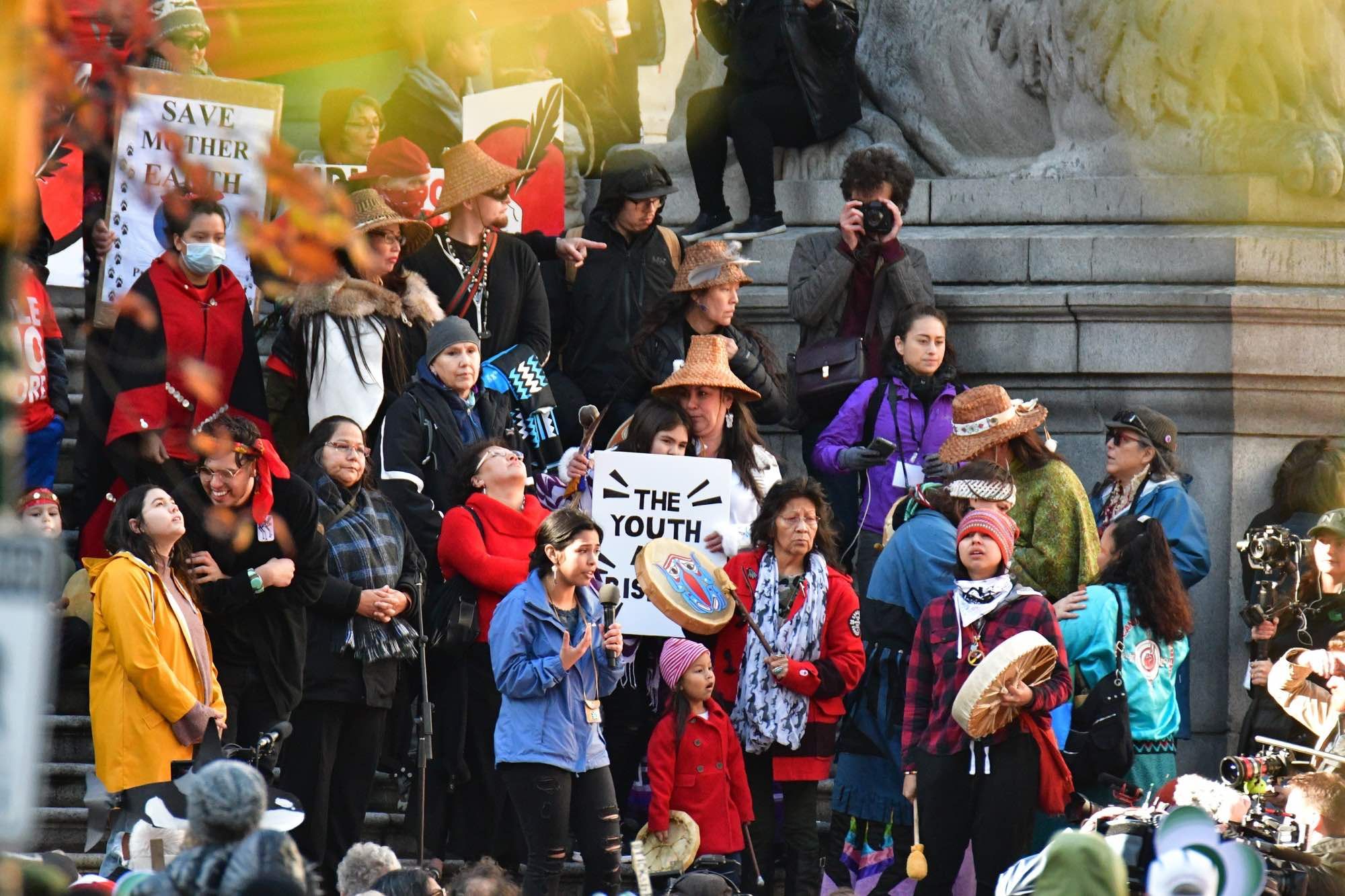Top Class Actions’s website and social media posts use affiliate links. If you make a purchase using such links, we may receive a commission, but it will not result in any additional charges to you. Please review our Affiliate Link Disclosure for more information.
In a July 2 decision, the Supreme Court of Canada denied B.C. First Nations leave to appeal a February judgment approving the Trans Mountain Pipeline Expansion Project.
The Squamish Nation, Tsleil-Waututh Nation, Ts’elxweyeqw Tribes and Coldwater Indian Band sought to appeal the Federal Court of Appeal’s decision that the government’s approval of the pipeline project in June 2019 was reasonable under the law.
The Supreme Court’s decision brings an end to a spirited yet short-lived legal battle- one that was waged in the wake of the Canada Federal Indian Day School class action settlement, when Indigenous rights were widely discussed in Canadian media.
The Trans Mountain Pipeline expansion, which connects Alberta to the Pacific coast, will increase its capacity from 300,000 to 890,000 barrels of oil per day.
Certain details of the project remain to be determined, including the exact location of certain sections of the pipeline. The expansion will therefore require additional environmental assessments and could again involve the duty to consult with First Nations.
The First Nations groups’ appeal challenged the government’s fulfillment of the duty to consult. Tsleil-Waututh and Squamish leaders announced they were challenging the adequacy of Indigenous consultation leading up to the second approval of the project in April of this year.
Tsleil-Waututh Chief Leah George-Wilson announced to the media that if the pipeline project is left “unchallenged, it could change the way consultation and consultation cases happen in Canada, making it less meaningful for protecting our inherent constitutionally protected Aboriginal rights.”
The Supreme Court’s decision relied on a finding that the government’s determination of its own consultation process was adequate, while the First Nations argued the decision should have been made at arm’s length, according to Chief George-Wilson.
“Cabinet is not an expert in consultation, and as owners of the project, they are unable to objectively assess the adequacy of their own consultation,” Chief George-Wilson said.
The Pipeline and the Duty to Consult
The duty to consult is a key part of the federal government’s obligations, and is necessary for regulatory project approvals, licensing and authorization of permits, 
The Government of Canada’s duty to consult with Indigenous peoples was affirmed by the Supreme Court of Canada in Haida, Taku River, Rio Tinto and other Supreme Court decisions.
These Supreme Court decisions established that in cases of asserted but unproven Aboriginal rights and title, the government must act honourably through consultation and accommodation.
“The duty to consult and accommodate is part of a process of fair dealing and reconciliation that begins with the assertion of sovereignty and continues beyond formal claims resolution,” according to the Court in Haida.
The duty to consult arises when the government has knowledge of the potential existence of an Aboriginal right or title. “Consultation and accommodation before final claims resolution preserve the Aboriginal interest and are an essential corollary to the honourable process of reconciliation that s. 35 of the Constitution Act, 1982, demands.”
Indeed, assessing whether the government sufficiently consulted with Indigenous groups can be delicate when the government itself is responsible for determining whether it fulfilled its duty to consult, as was argued in the Trans Mountain Pipeline Project challenge.
However, it is important to note that the duty to consult is not a duty to reach an agreement. Rather, the Supreme Court of Canada described the duty as a commitment “to a meaningful process of consultation in good faith.”
Additionally, the content of the duty varies with the circumstances. Nevertheless, the main question guiding all consultation cases is “what is required to maintain the honour of the Crown and to effect reconciliation between the Crown and the Aboriginal people with respect to the interests at stake?” This is where the duty to accommodate figures into the equation: the effect of a good faith consultation may reveal a duty to accommodate.
The duty to accommodate is required in making decisions that may adversely affect a yet unproven Aboriginal right or title claim. Here, the Crown is required to balance Aboriginal concerns reasonably with the potential impact of the decision on the asserted right or title and with other societal interests, such as the potential economic benefits of a pipeline.
About 99 per cent of Canada’s exports go to refiners in the U.S., where limits on pipeline and refinery capacity mean Canadian oil sells at a discount. The Trans Mountain Pipeline will allow Canada to diversify oil markets and increase exports to Asia, where Canadian oil could be sold at a higher price.
Do you think the federal government fulfilled its duty to consult with First Nations in the Trans Mountain Pipeline Expansion Project? Share your thoughts with us in the comment section below!
ATTORNEY ADVERTISING
Top Class Actions is a Proud Member of the American Bar Association
LEGAL INFORMATION IS NOT LEGAL ADVICE
Top Class Actions Legal Statement
©2008 – 2024 Top Class Actions® LLC
Various Trademarks held by their respective owners
This website is not intended for viewing or usage by European Union citizens.

















